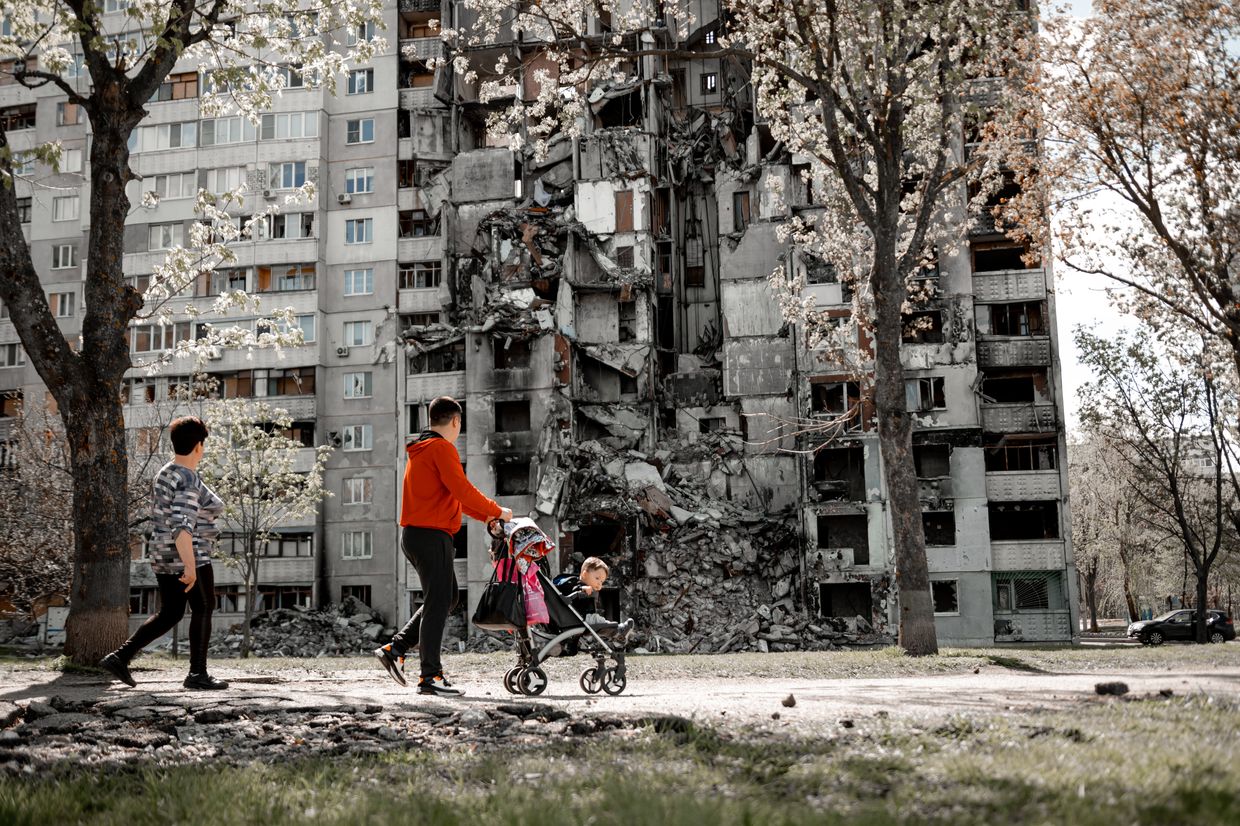NATO reaffirms commitment to strengthening Ukraine's defenses following recent Russian attacks

Participants in the NATO-Ukraine Council meeting on Aug. 28 condemned Russia's recent attacks across Ukraine and reaffirmed their commitment to further strengthening Ukraine's defense capabilities, according to NATO statement.
Russia launched what Ukraine's Air Force called the largest attack on Ukraine since the beginning of the full-scale invasion on Aug. 26, striking 15 oblasts across the country. Seven civilians had been killed and over 40 injured across Ukraine.
Subsequently, Russia launched a combined wave of attacks against Ukraine for the second night in a row, reportedly using 81 Shahed-type attack drones and 10 missiles.
"Ukraine continues to intercept Russian missiles on a daily basis, saving countless lives. But Ukraine's ability to maintain its defenses requires increased supply and more support," NATO Secretary General Jens Stoltenberg said.
"We must continue to provide Ukraine with the equipment and munitions it needs to defend itself against Russia's invasion. This is vital for Ukraine’s ability to stay in the fight."
The NATO-Ukraine Council meeting was held at the ambassadorial level at Kyiv's request. Defense Minister Rustem Umerov briefed NATO members via video сall on the current security situation and priority capability needs, the statement read.
Following the recent strikes, the EU's chief diplomat, Josep Borrell, urged to lift restrictions on Ukraine's use of Western long-range weapons to strike Russian military targets.
Kyiv has long argued that restrictions on the use of long-range weapons are stifling its war effort, while Western partners believe that allowing Ukraine to hit deep into Russian territory with the weapons they provide could be a cause for escalation.
Ukraine has dismissed these arguments and has amped up pressure to lift the ban in recent weeks following the Kursk incursion on Aug. 6.












